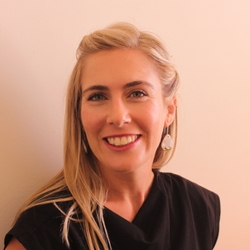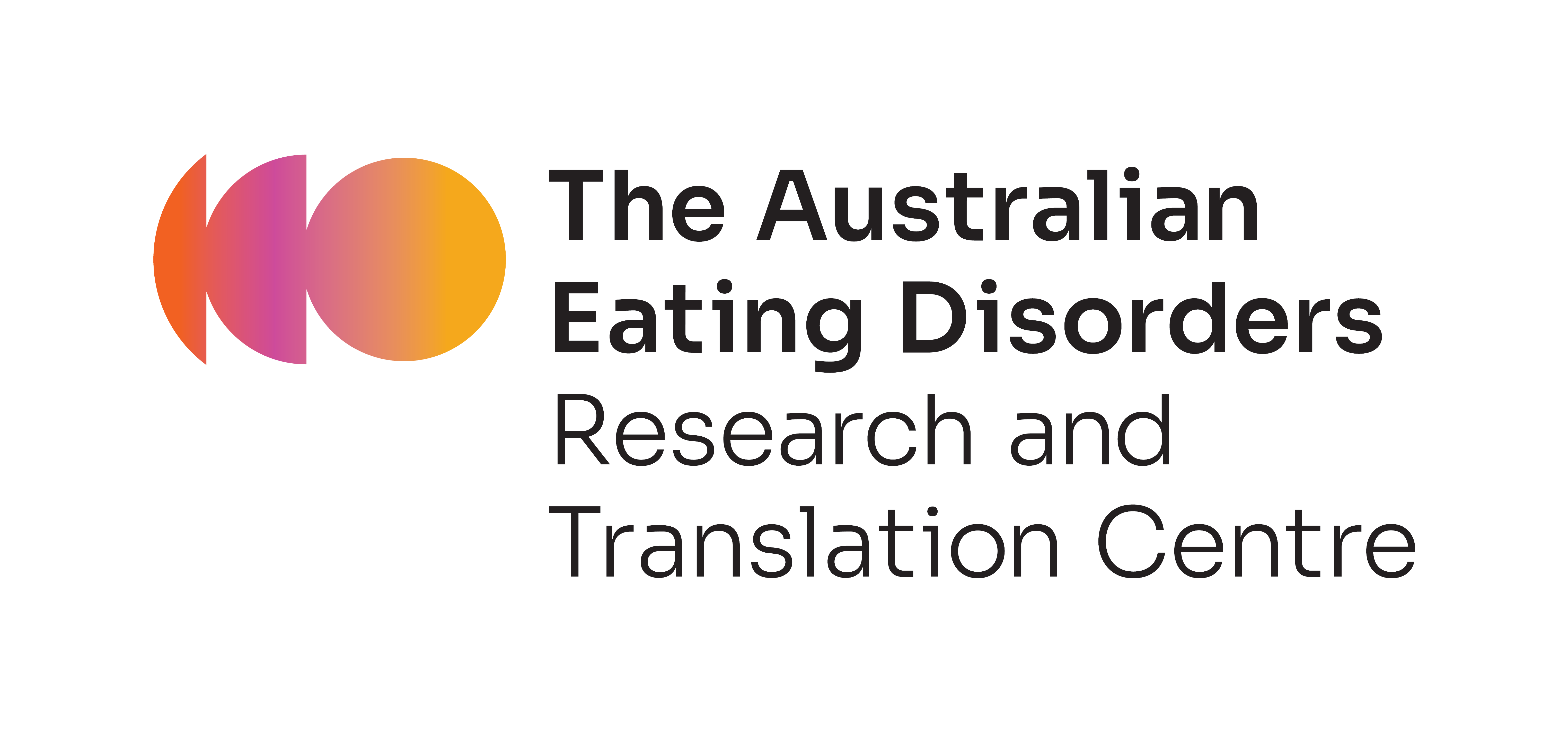Psilocybin-assisted psychotherapy for body image disturbance - an embodied solution to an embodied problem

Ms Claire Finkelstein
Swinburne University of Technology
Affiliate Authors
Ms Olivia Soha, Uncovery;
Dr Alana Roy, The Signs of Life Psychology;
Professor Susan Rossell, Swinburne University of Technology;
Associate Professor Andrea Phillipou, Orygen – The National Centre of Excellence in Youth Mental Health, University of Melbourne, Swinburne University of Technology, St Vincent’s Hospital, Austin Hospital;
What’s your relationship with your body like?
Many of us will have a complicated relationship with our bodies at some stage of our lives, but for some people, their body image can cause severe psychological and emotional distress with some serious physical health consequences. The term Body Image Disturbance describes this experience.
Body Image Disturbance is a key cause of eating disorders, and it can chain people to their illness at every stage as they try to recover.
The treatments we currently have often aren’t enough to free people from their Body Image Disturbance, and our team of psychologists and lived-experience experts are looking for new ways to help.
We think psilocybin - otherwise known as magic mushrooms - may offer a way to get to the root of the problem. People with Body Image Disturbance typically hold very rigid views about their body and the way the world sees them. Psilocybin has been found to loosen and even reset these perceptions. So our team is developing a new therapy that combines evidence-based treatment with psilocybin.
In an image-obsessed world, we need more powerful treatments for body image, and we believe this might offer a hopeful new direction.
